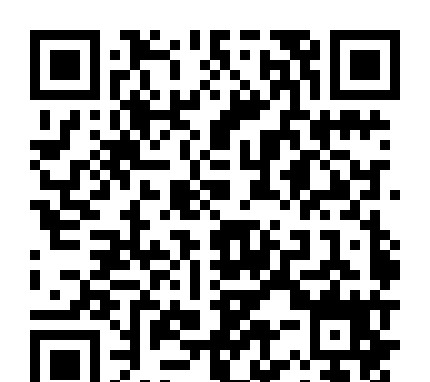GMAT考试-Testprep数学精解(3)
|
Example: Whether the world is Euclidean or non-Euclidean is still an open question. However, if a star's position is predicted based on non-Euclidean geometry, then when a telescope is pointed toswheresthe star should be it will be ther e. Whereas, if the star's position is predicted based on Euclidean geometry, then when a telescope is pointed toswheresthe star should be it won't be th ere. This strongly indicates that the world is non-Euclidean. Which one of the following best expresses the main idea of the passage? (A) The world may or may not be Euclidean. (B) The world is probably non-Euclidean. (C) The world is non-Euclidean. (D) The world is Euclidean. (E) The world is neither Euclidean nor non-Euclidean. Choice (A) understates the main idea. Although the opening to the passage st ates that we don't know whether the world is non-Euclidean, the author goes on to give evidence that it is non-Euclidean. Choice (C) overstates the main idea. The author doesn't say that the world is non-Euclidean, just that evi dence strongly indicates that it is. In choice (B), the word “probably” prop erly limits the scope of the main idea, namely, that the world is probably n on-Euclidean, but we can't yet state so definitively. The answer is (B)。 Premises Once you've found the conclusion, most often everything else in the argument will be either premises or “noise.” The premises provide evidence for the c onclusion; they form the foundation or infrastructure upon which the conclus ion depends. To determine whether a statement is a premise, ask yourself whe ther it supports the conclusion. If so, it's a premise. Earlier we saw that writers use certain words to flag conclusions; likewise writers use certain words to flag premises. Following is a partial list of the most common premi se indicators Premise Indicators because for since is evidence that if in that as owing to suppose inasmuch as assume may be derived from Example: Since the incumbent's views are out of step with public opinion, he probably will not be reelected. Here “since” is used to flag the premise that the incumbent's positions are unpopular. Suppressed Premises Most arguments depend on one or more unstated premises. Sometimes this indic ates a weakness in the argument, an oversight by the writer. More often, how ever, certain premises are left tacit because they are too numerous, or the writer assumes that his audience is aware of the assumptions, or he wants th e audience to fill in the premise themselves and therefore be more likely to believe the conclusion. Example: Conclusion: I knew he did it. Premise: Only a guilty person would accept immunity from prosecution. The suppressed premise is that he did, in fact, accept immunity. The speaker assumes that his audience is aware of this fact or at least is willing to b elieve it, so to state it would be redundant and ponderous. If the unstated premise were false (that is, he did not accept immunity), the argument would not technically be a lie; but it would be very deceptive. The unscrupulous writer may use this ploy if he thinks that he can get away with it. That is, his argument has the intended effect and the false premise, though implicit , is hard to find or is ambiguous. Politicians are not at all above using th is tactic |








